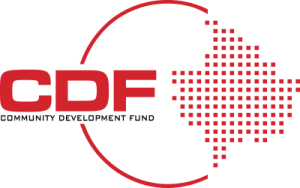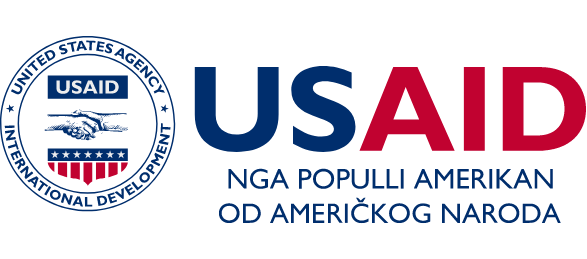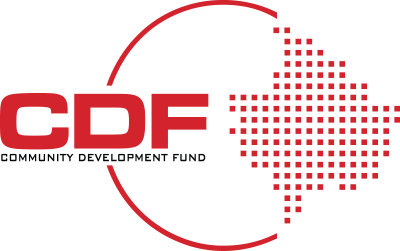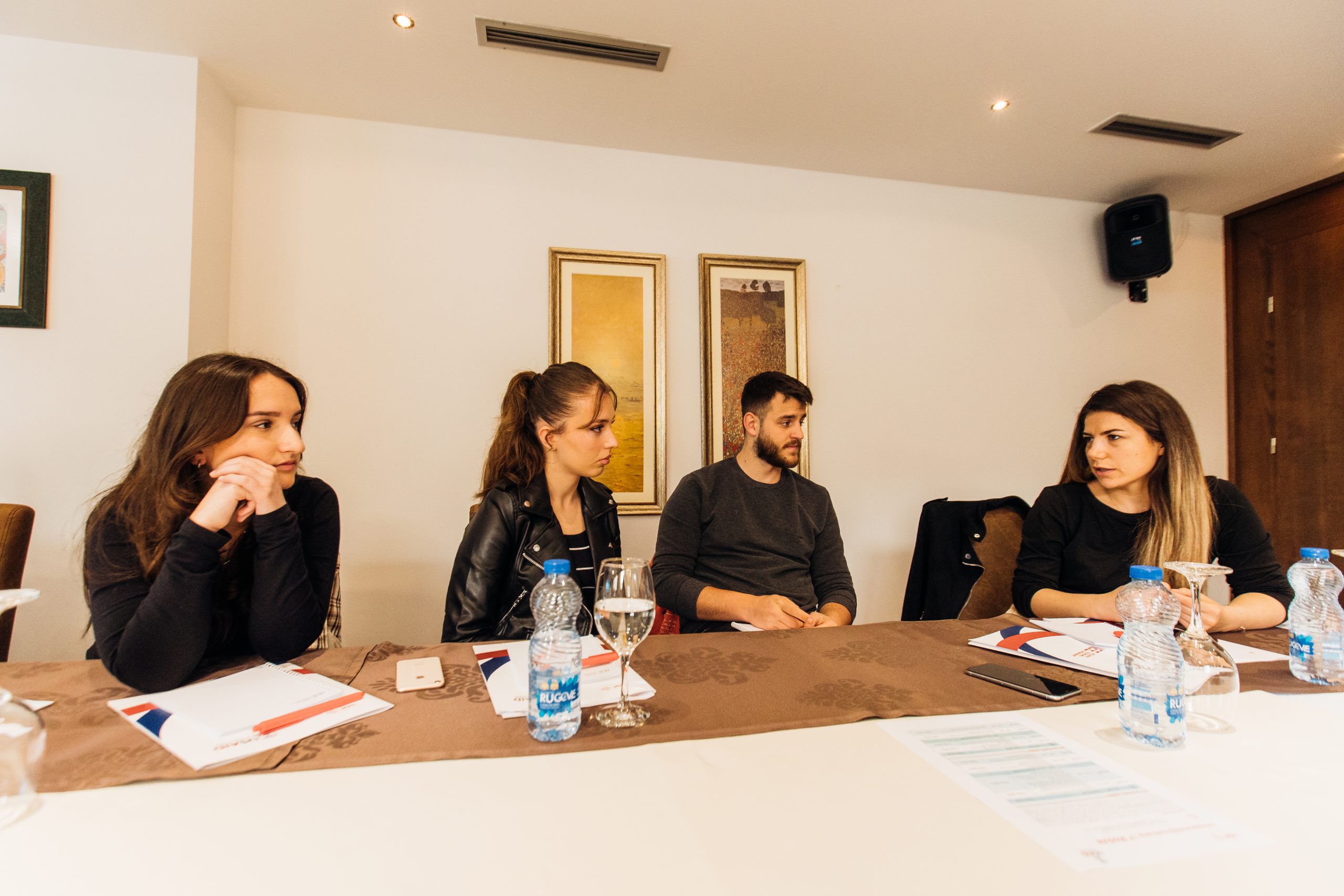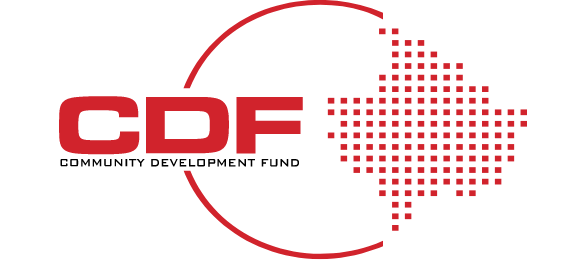In the realm of global commerce, the dynamism of Kosovo’s MSME sector is increasingly evident. Whether it’s the export of artisanal crafts or the import of high-tech components, cross-border trade can serve as a potent catalyst for business growth. However, this enterprise is not devoid of complexities. Regulatory compliance in export and import activities is not merely a bureaucratic formality; it’s an operational necessity. This comprehensive guide aims to shed light on the labyrinthine regulatory steps that Kosovo-based MSMEs must navigate to successfully move goods across borders.
The Regulatory Landscape in Kosovo
Ministry of Trade and Industry (MTI)
The MTI plays a pivotal role in formulating policies, regulations, and guidelines related to export and import activities in Kosovo.
Example: A food processing MSME in Pristina needs to adhere to MTI guidelines for exporting organic products to EU countries.
Customs and Excise
Kosovo Customs is responsible for enforcing import and export regulations, including tariff and non-tariff measures.
Example: A furniture manufacturer in Peja would need to engage with Kosovo Customs to understand the export duties on wooden furniture.
Export Regulations: What You Need to Know
Export Licenses
Not all products can be freely exported. Some require special export licenses issued by relevant authorities.
Example: An MSME that specializes in the production of medicinal herbs in Gjilan must acquire a phytosanitary certificate for exports.
Documentation
Standard export documents include Commercial Invoice, Packing List, and Certificate of Origin.
Example: A textile business in Ferizaj should prepare a detailed packing list that enumerates the types and quantities of garments being exported.
Import Regulations: The Essentials
Import Licenses
Certain goods require import licenses, which need to be obtained prior to importation.
Example: An electronic goods retailer in Mitrovica needs a license to import lithium-ion batteries.
Tariffs and Duties
All imports are subject to customs duties based on their classification under the Kosovo Customs Tariff Code.
Example: A Prizren-based MSME importing raw materials for soap production should be well-acquainted with the respective tariff codes to calculate duties.
Navigating Trade Agreements
Kosovo has several bilateral and multilateral trade agreements that MSMEs can leverage for duty-free or reduced-duty trade.
Example: A winery in Rahovec can benefit from the Central European Free Trade Agreement (CEFTA) to export wines to Albania with minimal tariffs.
Compliance: A Strategic Approach
Step 1: Market Research
Before exporting or importing, conduct market research to identify potential countries and the relevant regulatory requirements.
Step 2: Legal Consultation
Consult with trade law experts to avoid any regulatory pitfalls and ensure compliance.
Step 3: Documentation
Maintain impeccable records of all transactions, licenses, and correspondence with authorities.
Step 4: Customs Liaison
Establish a strong liaison with Kosovo Customs to expedite the clearance process.
Step 5: Regular Audits
Conduct frequent internal audits to ensure ongoing compliance with changing regulations.
Turning Compliance into Competitive Advantage
In the intricate dance of international trade, compliance is not merely a step; it’s the rhythm that sets the tempo. For Kosovo-based MSMEs, especially those owned by women and minorities, mastery of export and import regulations can transform a daunting challenge into a sustainable competitive advantage. By viewing compliance as an integral part of your business strategy, you can not only mitigate risks but also unlock new avenues for growth.
By diligently following this guide, Kosovo’s MSMEs can chart a course through the complex regulatory landscape, transforming global opportunities into tangible business outcomes.
